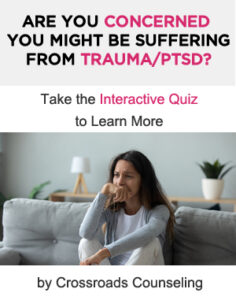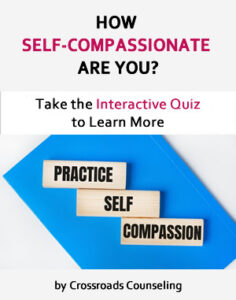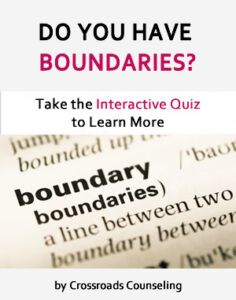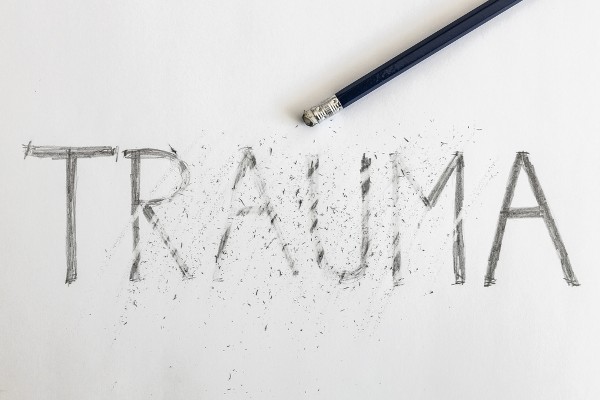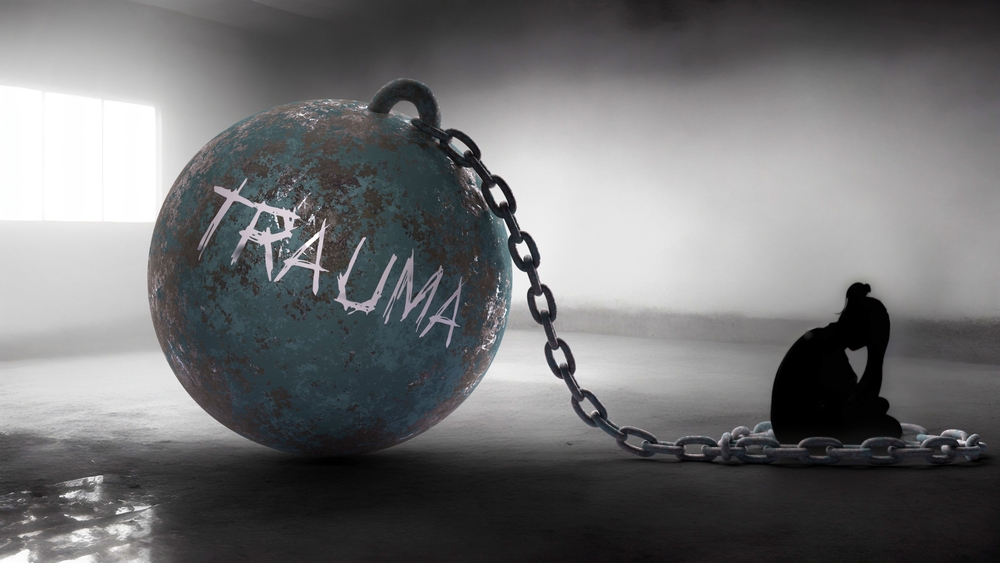Unfortunately, many people suffer from emotional abuse at one point or another in their lives. For some, it’s easy to forgive and forget, but for others, it’s a lifelong struggle that can negatively affect attachment.
It can be harder to recognize than other forms of abuse because it’s not something you can easily “see.” Although it’s not easy to go through, it’s important to understand and recognize that healing from emotional abuse is possible.
Before we dive into the effects of emotional abuse on attachment, we need to review the signs of emotional abuse and the tactics that are used by abusers.
Emotional Abuse Tactics and Signs:
There are, unfortunately, many emotional abuse tactics and signs. Below, we will discuss five of those tactics and signs. These are meant to make you feel less than hopeless or powerless.
- Shaming: This is any action or words that makes you feel ashamed of something you said or did. An example of this could be someone blaming you or asking, “Why did you do this?” In a shameful or demeaning tone.
- Blaming: An example would be someone saying they wouldn’t have said or done something if you didn’t “provoke” them or “force” them to do it.
- Guilting: This can be the most powerful manipulation tactic and emotional abuse tactic. It can lead to one feeling like they’ve failed someone, they’re not good enough, or they’ve disappointed someone.
- Dismissing: If your opinions, thoughts, efforts, or values are dismissed, they can make you feel like you’re not valued or important.
- Neglecting: This can occur if your emotional or physical needs are not met. Emotional neglect can occur intentionally by withholding affection or by not giving a compliment or praise when warranted. Physical neglect can occur when someone avoids or refuses you to help with things you are physically unable to do. This could also be a caregiver or housemate not helping with household chores and needs leading to an unsanitary or unsafe home environment.
For those that suffer emotional abuse, they might have trouble connecting with others. Or they might find themselves feeling like they’re unable to have healthy relationships. It’s important to be sympathetic and empathetic to those suffering from emotional abuse and to be a resource to help put them on the path to recovery.
Next, let’s discuss attachment disorders.
There are two different types of attachment disorders, reactive and attachment disorder (RAD), and disinhibited social engagement disorder (DSED).
Reactive attachment disorder occurs when caregivers show patterns of emotional withdrawal.
Children suffering from this can show symptoms such as increased sadness, irritability, and being scared when they’re with their caregiver. This can happen during normal, everyday activities.
Those who have reactive attachment disorder typically don’t respond or seek comfort, even when they’re upset or hurt. Because of their negative experiences, they can also have difficulty expressing their emotions and forming relationships. They’re also at higher risk for developing anxiety, depression, or hyperactivity.
Disinhibited social engagement disorder occurs when one is overly friendly with strangers.
Children with DSED, tend to approach strangers with no hesitation, touch, or hug strangers. They can also tend to wander off with strangers or without asking a parent or adult with them first.
It’s important to understand and recognize that those who have suffered from emotional abuse in their past are not defined by their past abuse. Also, it’s important for those who have suffered to recognize that they can get better.
If you or someone in your life has experienced emotional abuse, please know that treatment and moving past the abuse is possible…
Emotional abuse is a painful experience. In some instances it can result in trauma and/or in PTSD. Our team of trauma therapists would be happy to help you identify if emotional abuse has resulted in trauma in addition to negatively impacting your attachment. We have offices in Phoenix, Scottsdale, and in all of Arizona through online counseling for trauma and for attachment related issues. To start your therapy journey, please follow these simple steps:
- Contact Crossroads Counseling
- Meet with a therapist
- Start the healing process!
Click here for more information on Trauma and PTSD Treatment.

